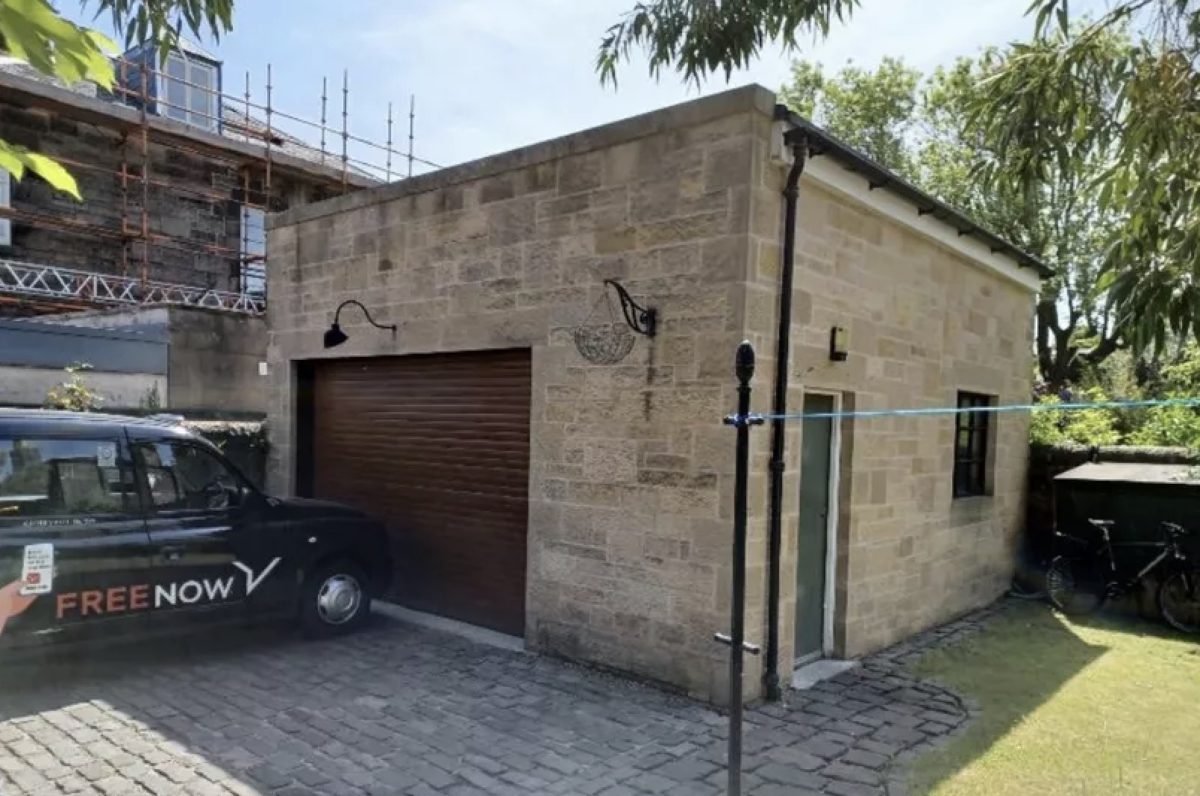Taxi driver wins planning appeal
An Edinburgh taxi driver has been told he can let out his garage as holiday accommodation after initially being told no by the council as it would have an “unacceptable impact” on his neighbours.
Douglas Peden applied for permission to convert the garage at the rear of his property in the Grange into a short-term let (STL) with a two night minimum stay he said would avoid it being used as a “party flat”.
Following an initial rejection by city planners last year, the cabbie took his case to the Scottish Government and has now had the ruling overturned.
Planning reporter Ailie Callan said after visiting the St Catherine’s Place property it was unlikely that allowing guests to stay in the garage would have an “adverse or detrimental impact” on those living next door.
The appeal made by Mr Peden said his downstairs neighbour “supported the application” as it was argued the council did not undertake a “rounded assessment of the proposals”.
It comes as the local authority continues to crack down on the city’s holiday lets, which now require a licence to operate and in some cases planning permission too.
In a letter to the council supporting the initial application someone claiming to be his friend of 10 years said he would “run this business very well” and have the “utmost consideration for his neighbours,” adding the garage was “well tucked away”.
But local community group Grange Association disputed Mr Peden’s view that the neighbourhood was suitable for new visitor accommodation, rejecting his claim the street was “not some sleepy suburb, but a central district of the capital”.
An objection from the Association argued the street “retains a residential ambience…and remains predominantly residential and is quiet in the evenings and weekends.”
However following Ms Callan’s inspection she said in a report there was “frequent traffic and pedestrian movement in the area”.
She added: “The existing garage does not share a common entrance with any other property. It is separated from the neighbouring properties by the existing garden wall and an access path.
“Taking all of this together, this would limit any potential noise or disturbance that could arise from the proposed use of the building and I consider it unlikely that the change of use would result in an adverse or detrimental impact on the amenity of neighbours.”
by Donald Turvill, Local Democracy Reporter.
